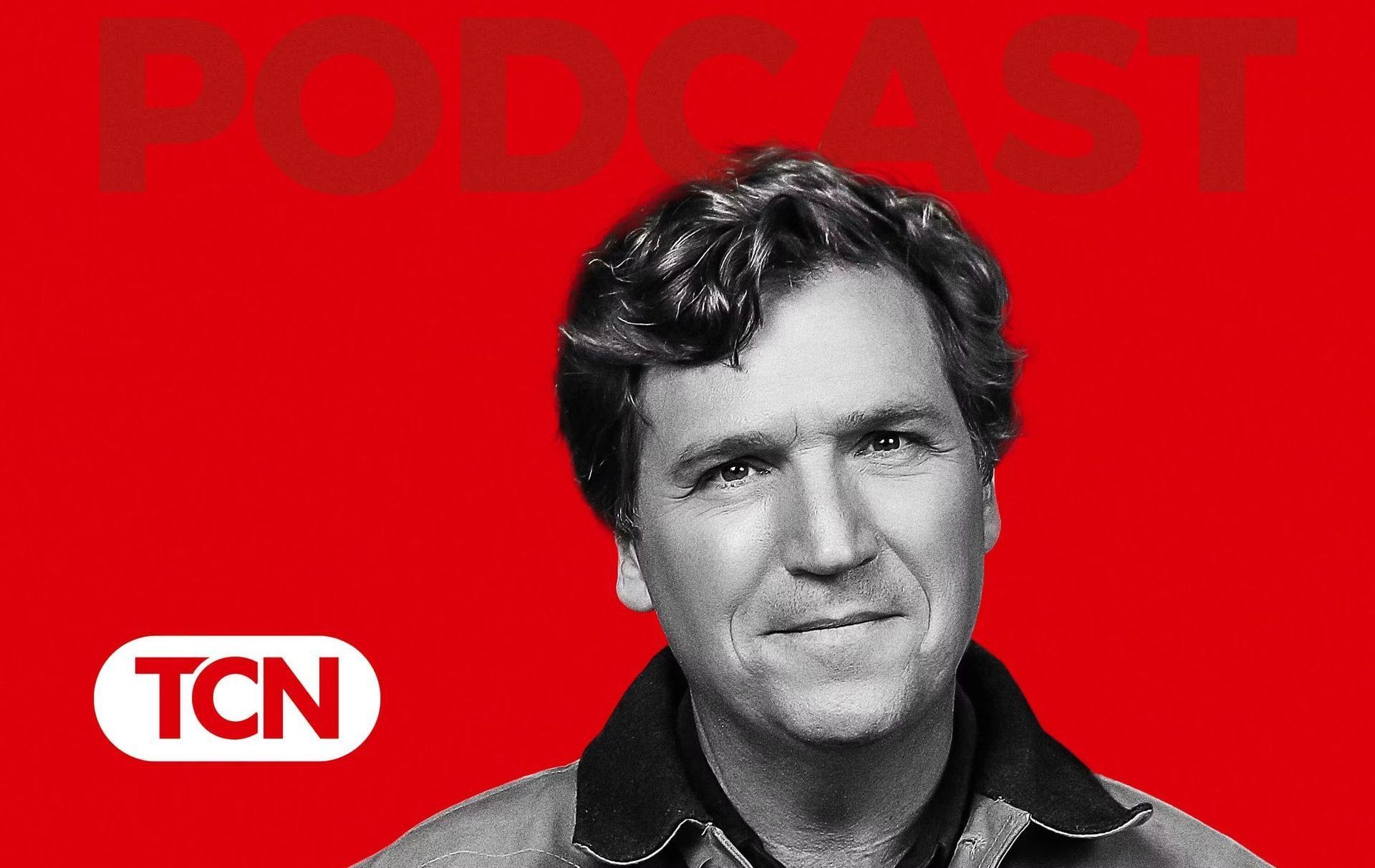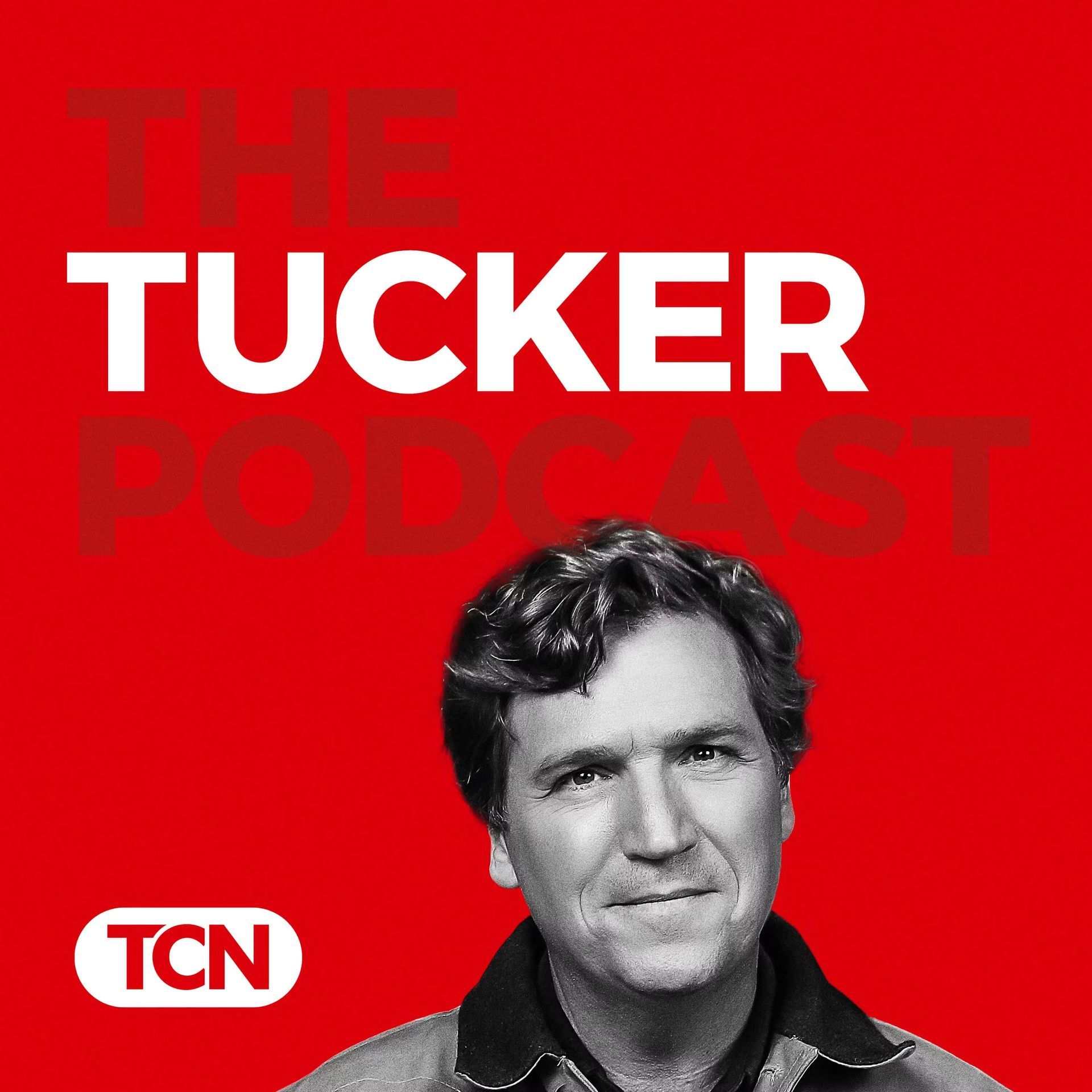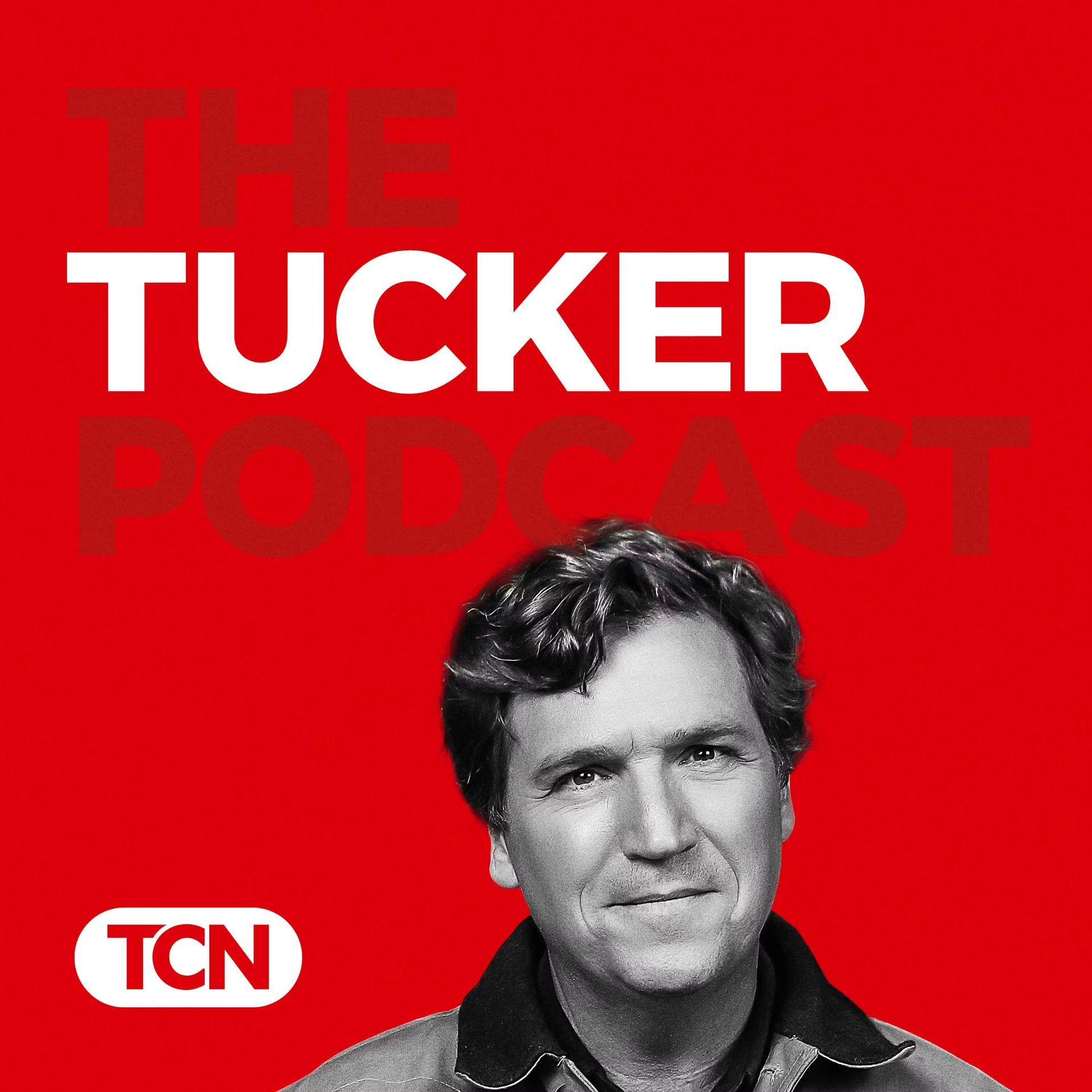Tucker chats with Dr. Patrick Soon-Shiong, a billionaire surgeon and cancer drug innovator. They discuss alarming trends in rising cancer rates, particularly among young people. He connects these trends to COVID-19 and vaccine effects, suggesting they may contribute to a surge in aggressive cancers. Soon-Shiong critiques Big Pharma's role in the healthcare system and emphasizes the need for new, innovative treatments that harness the immune system. He also shares his unique insights on biomedical advancements, proposing a holistic approach to cancer care.
The Alarming Rise in Cancer Rates Among Younger Populations:
Dr. Patrick Soon-Shiong, a seasoned cancer researcher and surgeon is keenly aware of the significant increase in aggressive cancers such as pancreatic, ovarian, and colon cancer among younger individuals. He tells a story about case of a 13-year-old with metastatic pancreatic cancer—a rarity in his 50-year career—and notes similar observations from colleagues, like an 8-year-old with colon cancer. This shocking shift of cancer to younger patients is something he terms a "non-infectious pandemic," is not limited to the U.S. but is particularly pronounced here. He contrasts this with historical expectations that cancer rates would decline with reduced smoking, underscoring the mystery and urgency of this phenomenon. This rise in early-onset, aggressive cancers signals a pressing public health challenge that demands investigation. It frames the rest of the discussion.
The Immune System as the Cornerstone of Cancer Prevention:
Another theme is the immune system’s critical role in cancer development. Dr. Soon-Shiong explains that cancer emerges when the immune system—specifically natural killer (NK) cells and T cells—fails to eliminate defective cells. These cells act as the body’s "first responders," maintaining a delicate balance that prevents cancer growth. When this balance is disrupted—either by the tumor hiding from immune detection or by external factors suppressing these killer cells—cancer can proliferate unchecked. He critiques the traditional oncology focus on tumor growth rates, arguing that the real issue is the immune system’s inability to kill cancer cells, a perspective that reframes cancer as an immunological failure rather than just a cellular anomaly.
The Potential Connection Between COVID-19, mRNA Vaccines, and Cancer:
Dr. Soon-Shiong posits a provocative link between COVID-19, its mRNA vaccines, and the observed cancer surge. He suggests that the spike protein—present in both the virus and the vaccines—persists in the body, causing chronic inflammation and immune suppression. This mirrors the behavior of known oncogenic viruses like HPV and hepatitis, which promote cancer through persistent inflammation and immune disruption. He criticizes mRNA vaccines for failing to clear the virus, potentially exacerbating long-term health risks, including cancer. In contrast, he advocates for his "BioShield" approach, which stimulates T cells and NK (killer) cells to eliminate the virus and bolster immunity. Of equal, or greater interest, he talks about the impact of BioShield on cancer as both prophylactic as well as a treatment. A drug from the platform, ANKTIVA, an immunotherapy treatment for BCG-unresponsive non-muscle invasive bladder cancer (NMIBC) with carcinoma in situ (CIS), was approved by the U.S. Food and Drug Administration (FDA) on April 22, 2024. He believes the platform applies to ALL or most types of cancer.
Critique of Medical Dogma and Institutional Resistance:
The conversation reveals Dr. Soon-Shiong’s frustration with the medical establishment’s adherence to outdated dogma and resistance to innovation. He argues that the focus on antibody-based vaccines—like the mRNA COVID-19 vaccines—ignores the superior protective role of T cells and NK cells. His efforts to develop a T cell-based "BioShield"for COVID faced significant pushback from institutions like the FDA and NIH, which he attributes to entrenched interests and a lack of interdisciplinary collaboration among virologists, immunologists, and oncologists. He also accuses pharmaceutical giants of prioritizing profit over patient outcomes, citing their influence over regulatory bodies and the suppression of novel therapies, a dynamic he believes stifles progress and harms public health.
A Holistic Approach to Health and Immune Function:
Dr. Soon-Shiong emphasizes a holistic view of health, centering the immune system as the key to preventing disease. He identifies lifestyle factors—adequate sleep, sunlight exposure, and a diet free of processed foods and toxins—as essential for maintaining immune balance. Chronic inflammation, driven by environmental toxins or viral persistence, flips immune cells from protective to suppressive states, increasing disease risk. His "BioShield" therapy aims to enhance this natural defense system (immunotherapy), contrasting with conventional treatments like chemotherapy and radiation, which he argues often weaken immunity and exacerbate cancer progression.
Societal Implications of Power in Medicine and Media:
Finally, the discussion explores the broader societal consequences of concentrated power in medicine and media. Dr. Soon-Shiong criticizes a "deep state" within medical institutions, exemplified by folks like Francis Collins (former NIH Head), whom he accuses of blocking innovative therapies for personal or political gain. This gatekeeping, he argues, has contributed to a health crisis of unprecedented scale. Soon-Schiong is hopeful, very hopeful, that RFK Jr. represents a significant change in the federal health institutions going forward and a change that is not so married to Dogma, which he rails against again, and again.
Conclusion:
Dr. Patrick Soon-Shiong provides a clear, hopeful and seemingly valid perspective on the potential of immunotherapy as both a “vaccine” and a treatment for viruses and cancers. We aren’t going to pretend to know the details of this medicine, but we’ve been hearing about immunotherapy for years and Soon-Shiong (with an FDA approved product) has a platform that may enable real results at scale. Absolutely worth a listen.
THE PODSCORE: 4.5 (out 5) MICS


